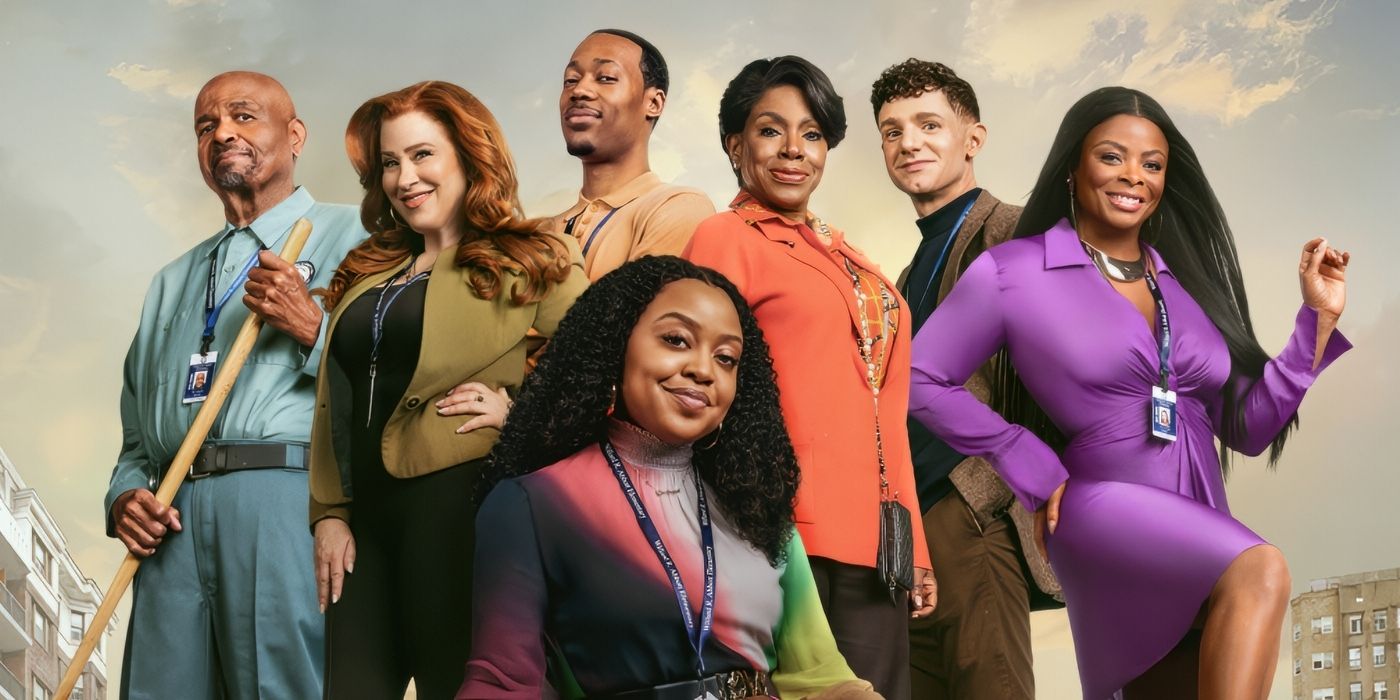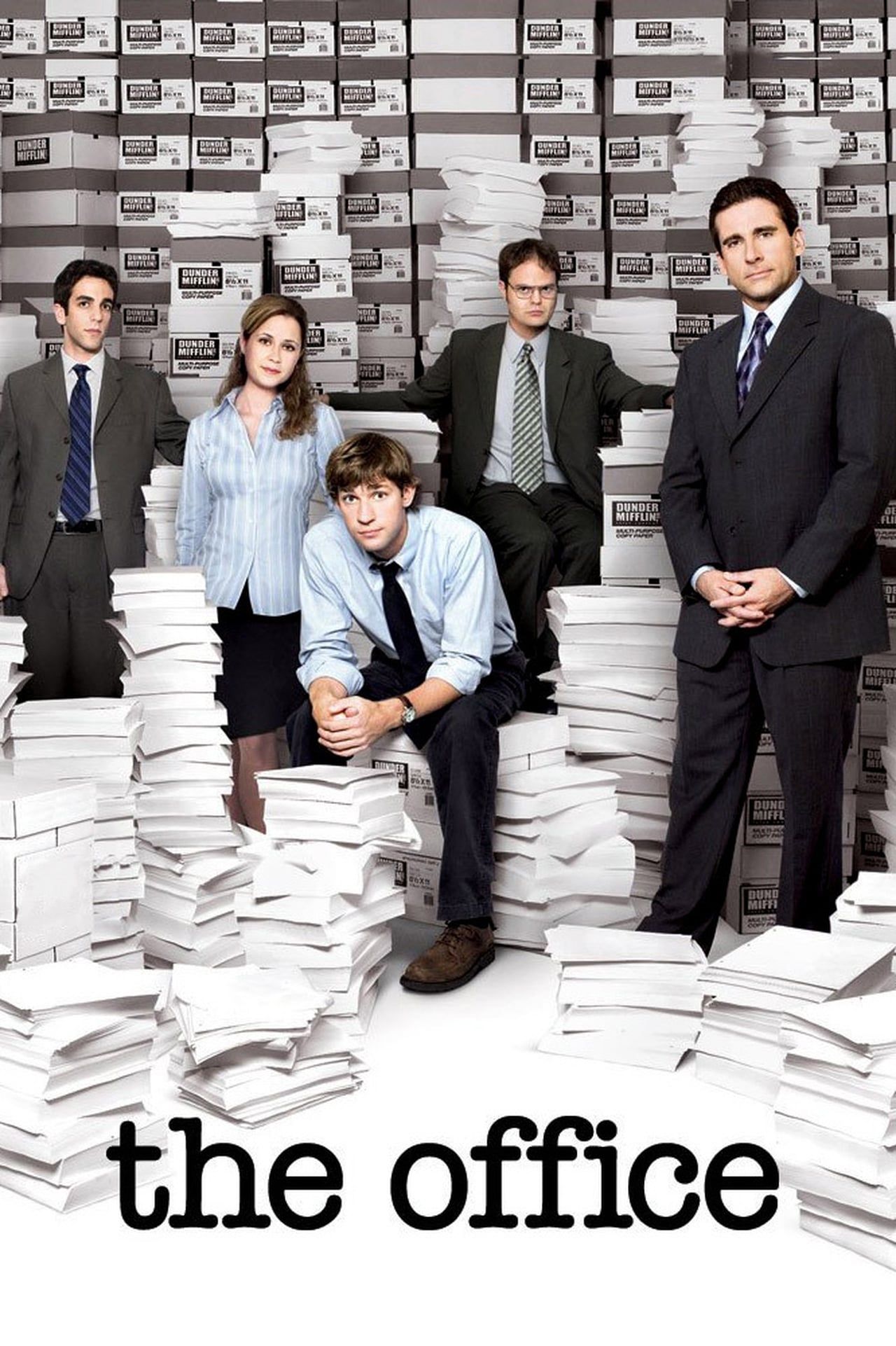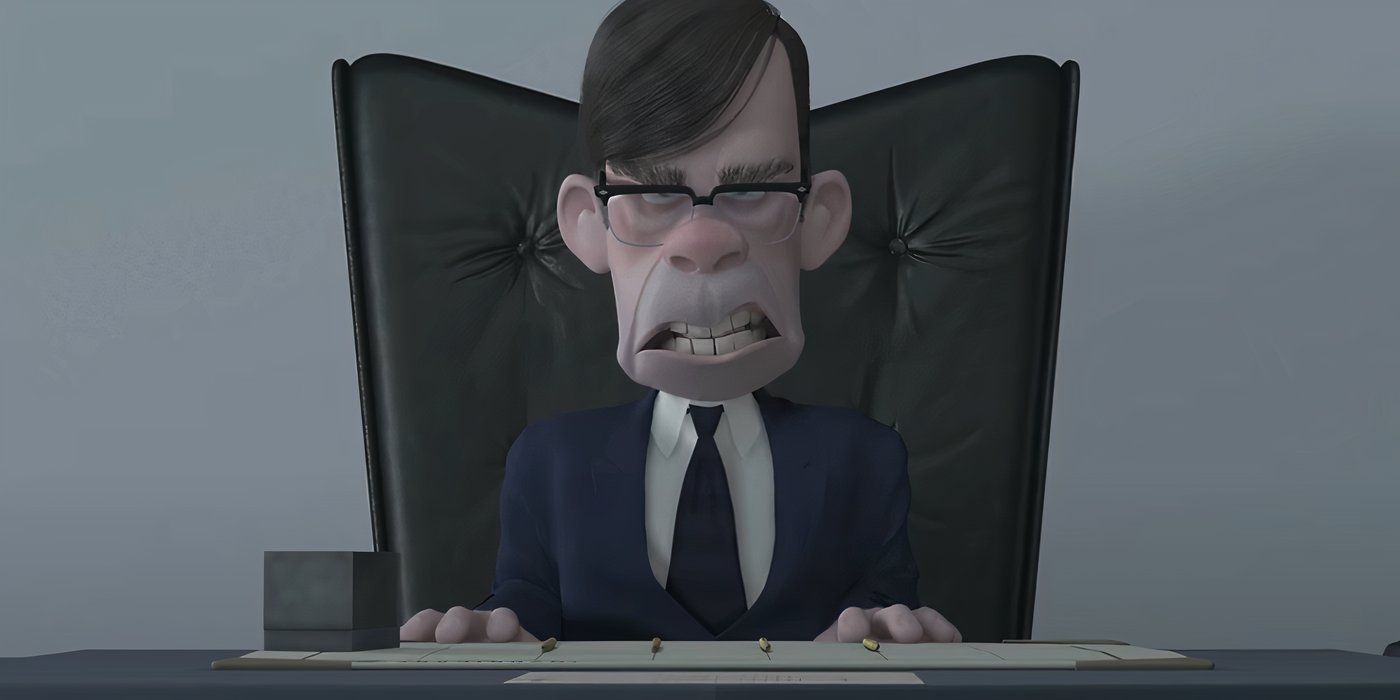In the words of Michael Scott (Steve Carell), “Remember when people used to say ‘boss’ when they were describing something that was really cool… now, ‘boss’ is just slang for ‘jerk in charge.’” Well, the big, bad boss trope has had its reign of terror. Welcome to the era of the awkward boss. Contemporary characters in management who know they’re no better than anyone else, but it doesn’t stop them from trying to leave their mark on their company. Over the years, the boss character has transitioned from a shallow “jerk in charge” to an endearing ambassador for the masses.
The Stereotypical Boss Character Wasn’t Always Awkward
Entertainment in the 1980s and ‘90s was all about how much people hated “workin’ for the man,” and those sentiments funneled down, in part, into the archetype of a cold, mean boss character. Bosses of workplace film and TV past were generally miserly, unfeeling, and intimidating to everyone in their path. The inattentive repetitiveness of Bill Lumbergh (Office Space) left his character a disturbing shell of corporate authority. Miranda Priestly (The Devil Wears Prada) was consistently inconsistent in her instructions and overall behavior, and her personal life was determinedly kept under wraps. Even younger audiences during this era were taught that a boss was supposed to be the bad guy with the stout but stern Gilbert Huph (The Incredibles), who will always be remembered as that one boss who was strictly “not happy.”
Antagonistic bosses like Bill Lumbergh, Miranda Priestly, and Mr. Huph were characters who could effortlessly command a room with their perpetual dissatisfaction. This kind of stereotype was cathartic to audiences who would come home from their drab day job and irritating work environment. People could vicariously give their bosses a piece of their minds through the working-class protagonist of the story. After so long, however, this stereotype began to grow boring and unoriginal to writers.
Why Is the Bumbling Boss Archetype So Lovable?
Bosses in film and TV have become tangible characters and no longer the distanct figures of corporate power than they used to be. The modern workplace comedy boss has been humanized, especially in mockumentary-style shows, by exposing their least impressive moments to the audience. These characters become endearing despite their obliviousness to sensitivity and incompetency because they feel relatable. We all have moments of thinking we could do a better job than others at running things, but these shows remind us of how embarrassing it can be be after one measly screw-up. Most people have a boss to deal with — someone with a little more power than we have. But the idea that that person with the power is actually just as scared and messy as the rest of us takes the pressure off of our shoulders.
The likes of The Office’s Michael Scott, Parks and Recreation’s Leslie Knope (Amy Poehler), Veep’s Vice President Meyer (Julia Louis-Dreyfus), Community’s Dean Pelton (Jim Rash), and even modern sitcom teachers like Abbott Elementary’s Ms. Teagues (Quinta Brunson)and English Teacher’s Mr. Marquez (Brian Jordan Alvarez) all prove just how entertaining the archetype of the bumbling, but brave leader can be. Instead of maintaining an external power pose (or poise), managers, leaders, and teachers build up their internal courage only to be humbled by physical or social obstacles. For example, right off the bat, Parks and Rec’s Leslie Knope asserts herself as a game-changer in politics. But then her reputation as a smooth government official is immediately upended as we watch her attempt to push a drunk man down a park slide – not to mention her iconic tumble down the construction pit.
The average ‘80s/‘90s boss would enforce the rules to preserve a normative workplace environment at all costs. Meanwhile, Michael Scott’s ambition to create a comfortable, familial environment between himself and his employees separates him from his corporate head honchos like Jan and David Wallace, which consequently undermines the day-to-day productivity of the office. Ms. Teagues’ (Quinta Brunson) together-we-can-make-a-difference attitude drives her to boldly propose new ideas to improve the education system at the expense of embarrassing herself in front of her coworkers. Mr. Marquez (Brian Jordan Alvarez) pushes his culturally saturated but simultaneously jaded high-school students to speak up for their safety and sense of identity, which similarly results in him making a fool of himself in front of students and faculty alike.

Related
‘Abbott Elementary’ Season 4 Review: Quinta Brunson’s Workplace Sitcom Is Still an A+
The laugh-out-loud ABC series is as strong as ever.
Bosses Still Share Common Traits, but Now for a Sweeter Reason
A common thread found across bosses in modern film and TV is an apparent need for validation. Ms. Teagues strives to impress the other faculty at Abbott Elementary. An effort to surround himself with friends and to never be alone lies at the heart of all that Michael Scott does. These characters no longer enter their field on the sole premise of being the one in charge, but rather because they love people and because beneath all the bluster, they are genuinely good leaders. And while the cheesiness of those motivations is exponential compared to previos bosses, it’s hard to deny that these characters become all the more endearing with their humanity on display.
Following these modern bosses into their inelegant private lives removes their objectivity, allowing us to sympathize with the characters and proving that power does not translate to perfection. Brooklyn Nine-Nine’s serious and sophisticated Captain Holt (Andre Braugher) revealed a softer side when we meet his dog Cheddar – not to mention the unveiling of his secret tattoo of his husband’s head on Cheddar’s corgi body. Arrested Development’s Michael Bluth (Jason Bateman), the self-proclaimed legitimate head of the Bluth Company, is forced to face the daily madness of his dysfunctional family, while trying to jumpstart his own romantic life and maintain his relationship with his painfully awkward son.
There are still plenty of bosses who maintain the role of antagonist (or at least “jerk in charge”). Succession’s Logan Roy might take the crown as a brash and unfeeling father/CEO. Loki’s Ravonna Renslayer stays driven by order. Regular Show’s Benson is best known for his fits of rage. Not to mention SpongeBob Squarepants‘ soulless penny-punching manager Mr. Krabs. But it is reassuring to know that the spectrum of boss archetypes has been widened. The long list of mean film/TV bosses can now be balanced out by kindhearted, bumbling leaders who have the courage to keep believing in themselves and the good of the world.

A mockumentary on a group of typical office workers, where the workday consists of ego clashes, inappropriate behavior, and tedium.
- Release Date
- March 24, 2005
- Cast
- Steve Carell , Rainn Wilson , John Krasinski , Jenna Fischer , Mindy Kaling , Craig Robinson , B.J. Novak , Creed Bratton , Angela Kinsey , Oscar Nunez , Ellie Kemper , Ed Helms
- Main Genre
- Sitcom
The Office is available to stream on Peacock in the U.S.
Watch on Peacock

